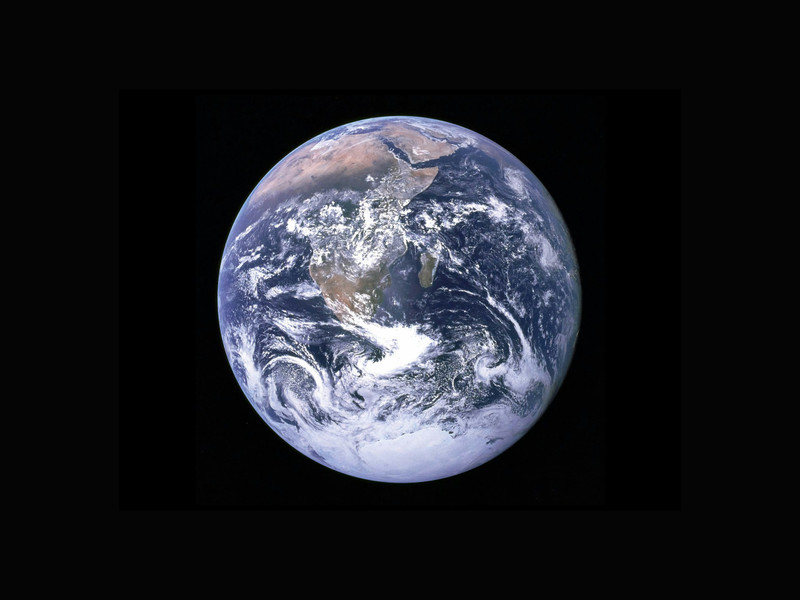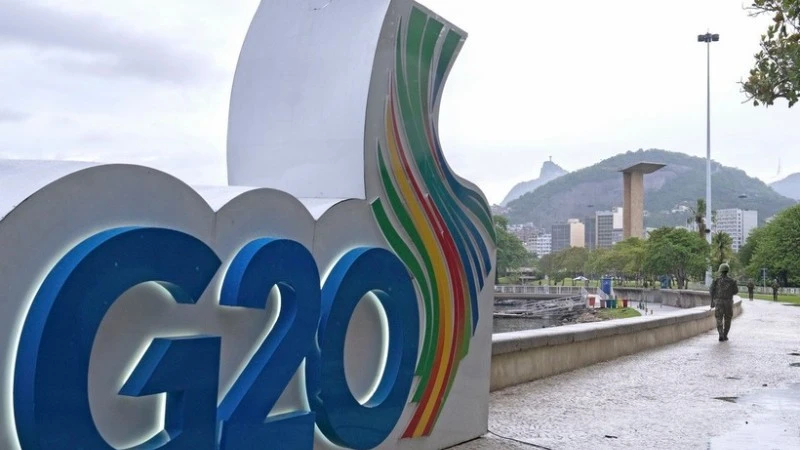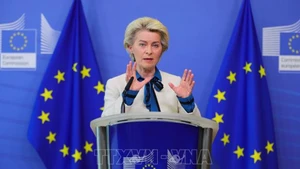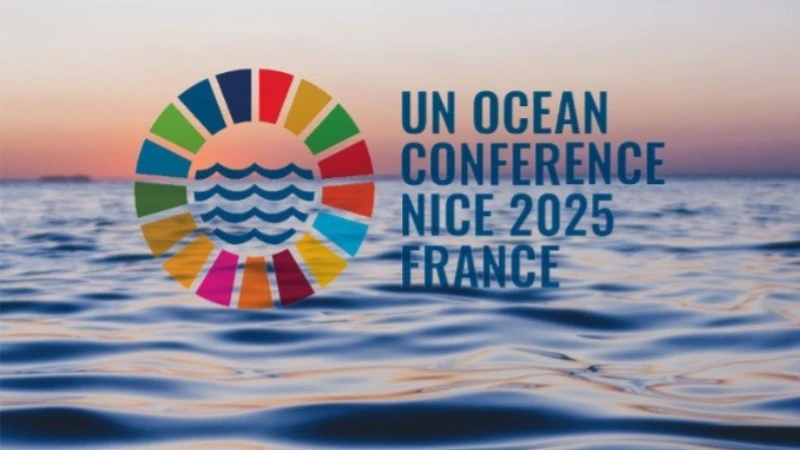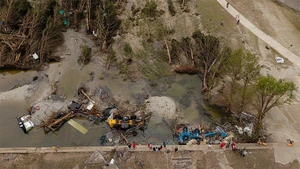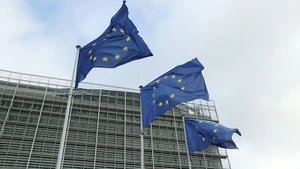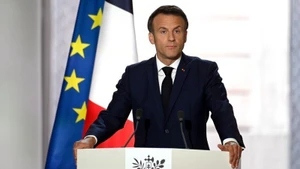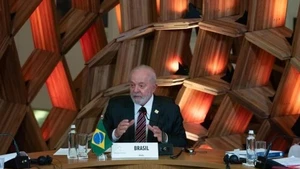In the opening message of UNEP’s recently published Annual Report, Executive Director Inger Andersen expressed concern that humanity remains in danger as Earth’s temperature continues to rise, ecosystems disappear, and pollution remains a deadly threat.
UNEP has previously warned that countries need to reduce greenhouse gas emissions by 42% by 2030 to limit global warming to 1.5°C above pre-industrial levels, as targeted by the Paris Agreement on climate change. Scientists predict that without decisive action, Earth’s temperature could increase by 2.6°C to 3.1°C this century, causing catastrophic consequences.
To alleviate these concerns, the COP29 Conference in Baku, Azerbaijan, in November 2024, agreed on standards for a global carbon market. A threefold increase in funding for developing countries affected by climate change was also promised. However, UNEP’s report states that this commitment still falls short of meeting the requirements of all nations.
Plastic pollution poses an increasingly serious threat to human and planetary health. The annual production of over 400 million tonnes of plastic, most of which is discarded into the environment, clearly demonstrates this. Therefore, a global treaty to end plastic pollution is an international aspiration, paved by a 2022 United Nations Environment Assembly (UNEA) resolution.
In late 2024, in Busan, the Republic of Korea, countries made significant progress towards a treaty, with most provisions agreed upon. However, negotiations were delayed, preventing a final text from being adopted.
Biodiversity decline also presents a difficult challenge for many countries. To advance efforts against this trend, at the 16th Conference of the Parties to the Convention on Biological Diversity (COP16) in Cali, Colombia, nations agreed to formally recognise and expand the role of indigenous peoples and local communities in biodiversity conservation. Nevertheless, issues related to resource mobilisation and monitoring frameworks await resolution at the upcoming session, expected in the coming days.
Another significant achievement highlighted in UNEP’s report is countries’ commitment of more than 12 billion USD towards initiatives enhancing drought resilience, restoration and land degradation prevention. This pledge was made at the 16th Conference of the Parties to the UN Convention to Combat Desertification (COP16) in Riyadh, Saudi Arabia. However, UNEP also points out that a strong, legally binding instrument for countries to join this effort has yet to be developed.
In its report, UNEP urges the international community to make stronger commitments and intensify action in the coming period. Countries must submit greenhouse gas reduction targets in the next round of Nationally Determined Contributions (NDCs), as many have missed deadlines. Additionally, UNEP calls for parties to work towards agreeing on a robust instrument to end plastic pollution before UNEA convenes in late 2025.
Escalating geopolitical tensions are seen as a wall blocking environmental efforts. As UNEP’s head observed, in this challenging context, the only solution to protect our blue planet is to strengthen multilateral cooperation. Only by overcoming differences can the international community join hands to build a more sustainable planet.
